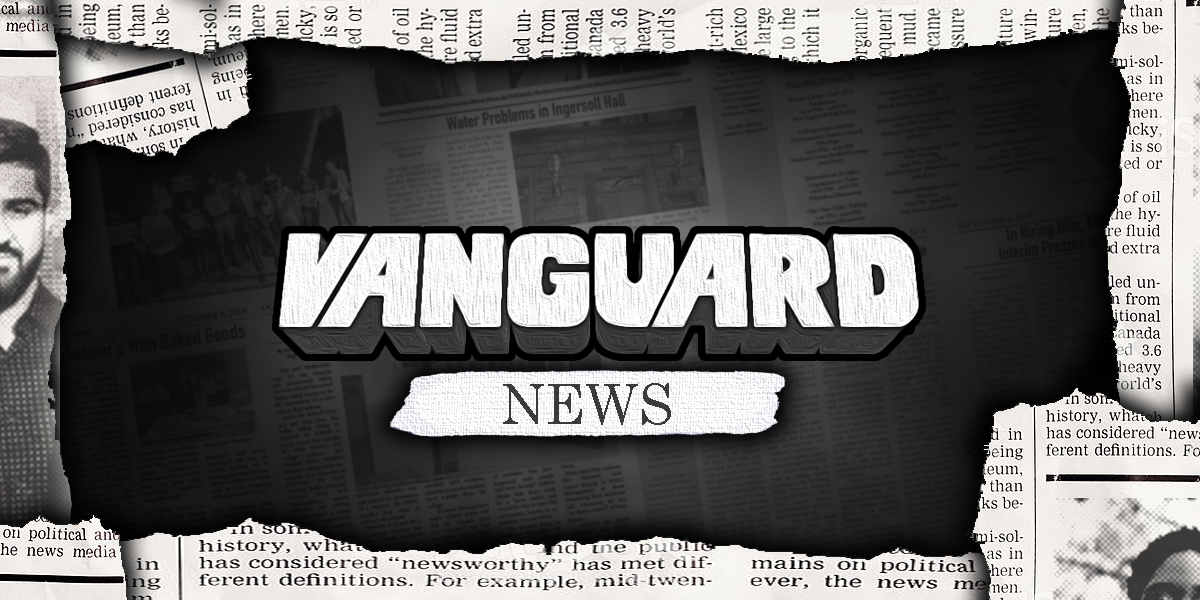
Written By Milette Millington
According to documents obtained by the Vanguard, an outside evaluation of the Earth and Environmental Sciences Department at Brooklyn College (EES) described the department as a “toxic environment.”
The evaluation of EES, which is conducted every ten years, and last year by two professors from SUNY Buffalo and Penn State University, contains several instances of student testimony describing the department as “polarized and punitive; like a schoolyard with a bully contingent.”
According to a student, the report was never released to the public because it implicates several EES professors, including program head Jennifer Cherrier, in toxic behavior.
“I would go as far as to say the Department Head is an aggressor and has the support of several other faculty members, and in turn, the Head supports the aggression played out by those faculty members,” said a current student majoring in EES who asked to remain anonymous for fear of retribution. The current student told the Vanguard that the toxicity in the department exists in part because other EES students feared being punished for disagreeing with their professors.
“General criticism of any kind can risk punishment,” the current student added.
The current student discussed this “toxic” environment with several other EES students. One of them, a former classmate who graduated last year with a B.S. in EES, said that those discussions “included a recount of the behaviours of certain faculty members that were unconducive to student academic wellbeing and learning.”
“For example, one professor consistently ended a specific class early and, on one occasion, had students sign in for attendance at the beginning of the period and then ended class,” the former student said. “Obviously, they weren’t able to cover all the required material and the student I spoke with was struggling.”
In another class taught by this same professor, the former student saw the professor belittle a student by telling them, during class time and in front of their peers, “that they should visit the disability office to seek help.”
“Another professor publicly belittled other faculty members in class and on Facebook, and one student confided to me that she didn’t feel comfortable going to the office hours of one of her professors because she feared reprisal in another professor’s class if she was seen,” the former student added.
Both the current student and the former student say they voiced their concerns regarding problems in the department last year. The current student e-mailed the outside evaluators with these complaints on April 30, and the former student emailed theirs on May 6 of last year.
One of the issues that this current student addressed was with advisement. The current student said they thought the current system was hurting students more than it was helping.
“I declared my major as a sophomore and tried to make an advisement meeting with the department chair,” the current student told Vanguard. “However, I wasn’t given a date until early this April (nearly a year after I had requested it), and all I was told was that I’m going about my classes ‘backwards’ according to their course map and that I will not graduate on time.”
Among the issues that both students addressed was with prerequisites for certain classes, the course map for the major, and flexibility in course offerings.
The current student said that many courses that they wanted to take as electives have conflicted with required classes, and the course map is “perfect for incoming freshmen who want to be an EES major, but it confuses other students.”
“Prerequisites for certain classes also create issues and make it difficult to take them as a co-requisite,” the current student added.
The former student addressed flexibility in course offerings for transfer students, in order to graduate on time. They said that Professor Cherrier, as a substitute for the field course, offered these students special permission to take any other advanced Earth Science course or an internship with select faculty members.
“This didn’t work for some students as their chosen graduate programs required undergraduate field experience. Those students that did take this substitution were required to sign a paper indicating they were satisfied with that arrangement,” she said.
This issue, and many others, were addressed by both the current and former students. The former student said, “The loss of student voice and agency fosters the environment of ‘Big Brother’, reinforcing the idea that students are not able to speak freely, and that actions and opinions that should be a right, have repercussions.”
The current student simply wishes “that the students aren’t dragged into this faculty infighting.”
